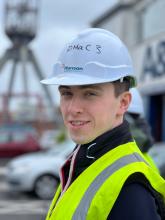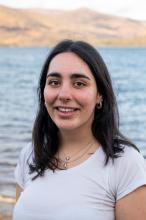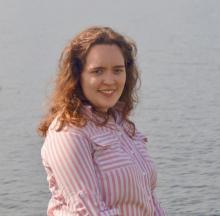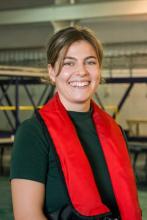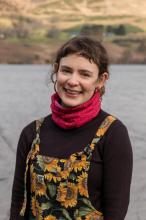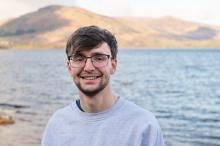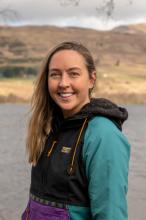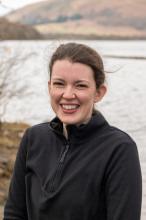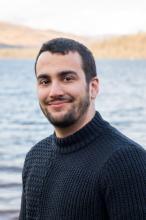Case studies from current IDCORE students.
The EPSRC Industrial Centre for Doctoral Training for Offshore Renewable Energy (IDCORE) is a partnership of the Universities of Edinburgh, Exeter, Strathclyde and Swansea, and Scottish Association for Marine Science. IDCORE has been previously funded, in 2018 by EPSRC and NERC (EP/S023933/1) and in 2012 by EPSRC and ETI (EP/J500847/1).

